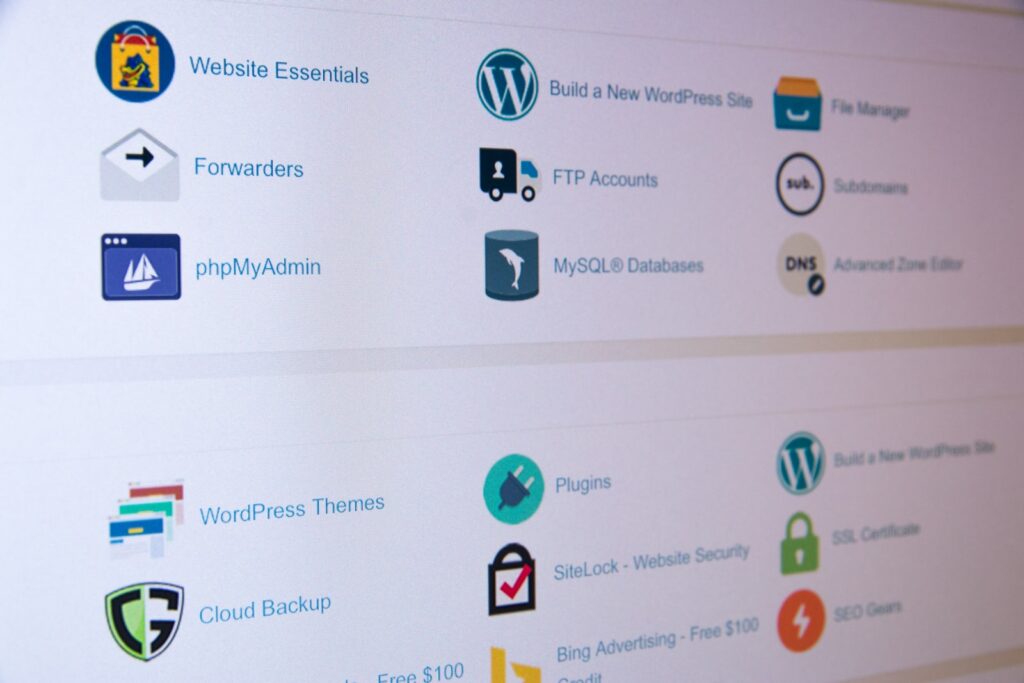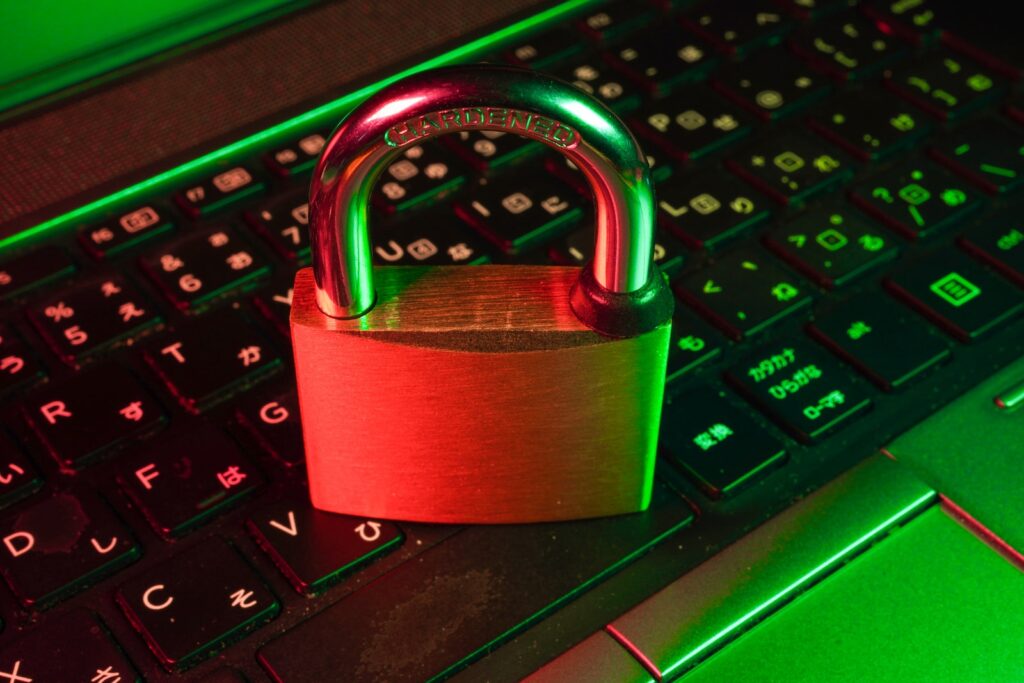UH-OH... a Non-HTTPS Domain
Up until a few years ago, it was probably no big deal if you did not have a “secure” website. After all, secure websites were used only for e-commerce sites, or for sites where sensitive information was needed to pass to or from the website. Today, it’s a much different story. And whereas it was previously OK to have HTTP in the address bar of a website, beginning in July of 2018, Google Chrome began showing a message stating: “not secure” on any website not using the HTTPS protocol. (Usually it was shown in red)
That little padlock icon that appears in the address bar tells you that the website is secure, and any data passed to or from that site is encrypted. It’s another step towards the incredibly important issue of the attitude towards safety and security on the Internet.
These two issues are important if you want to keep hackers from obtaining sensitive personal and other information from your website. No proactive security strategy? Your business is at risk of obtaining malware and viruses, as well as spreading those things to other websites and networks. If a hacker is even partially successful, an attack on your machine can easily and quickly spread that malware to other computers. Loss of vital information can result in huge losses for both you and your business. All because you didn’t bother to obtain the “S” in HTTPS in front of your domain name.
The Importance of HTTPS and a Secure Website
To make a long story short: HTTPS enhances the security of your data by adding an additional layer of encryption such as Secure Sockets Layer (SSL) or Transport Layer Security (TLS). Without this extra measure of security, your data is at risk of being hacked. And not just your data, the data of all the users who come to your site too.
These days, interactions on the internet are all about trust. The users who come through your website need to know they can trust you to keep their information safe. Without that feeling of trust, browsers may not click through to your site at all.
Let’s say that you are unaware of the importance of a secure website. You go to a site of a restaurant, for instance. Your email is requested (that happens all the time). If the site is not secure, as soon as you start to enter your email, this will likely appear in the address bar: Dangerous Not Secure. Google Chrome (version 70) started doing this back in October of 2018. More people are becoming aware of the need for a secure website – one with HTTPS.
What Exactly is SSL?
As stated above, SSL stands for Secure Sockets Layer. It’s an additional measure of security that encrypts your data and prevents hackers from intercepting the information that passes through your site.
In order to access the encrypted information (depending on the website you’re using and why, this could be information like your email address, banking information, passwords, etc.) a private key is needed. However, because of the nature of SSL, only your site has the private key needed to unencrypt the data. Therefore, even if a hacker does come along, all they will be stealing is a bunch of text gibberish.

Why Should I Have an SSL Certificate?
As you’ve probably guessed, the most important reason for having an SSL certificate on your website is to keep your users safe. Protecting their information will also help you in protecting your own and it helps to build trust between the site and the consumer.
There are often visual representations of a secure site in the browser (e.g. a padlock symbol or green bar) to demonstrate to users what sites are safe. With this visual representation available to them, users will be much more inclined to trust your site.
Google also provides SEO boosts to secured sites. On the other hand, if your site is not secured, many major browsers like Google and Firefox will notify the user with a “Not Secure” label that will appear in any website form that is not HTTPS.
To Sum it All Up
Why Should I have HTTPS and an SSL certificate? Three reasons – for starters:
- Do you depend on your website to generate leads and sales inquiries? It’s very likely that a non-secure website will drive potential business away from your site. Remember the “trust” factor?
- It’s also very likely that Google includes HTTPS sites in its algorithm for ranking websites. Try any type of a Google search, and you’ll notice that nearly all of the page 1 results begin with an HTTPS URL.
- Hardly a day goes by that we don’t hear about some new data breach, hacking incident, phishing scam or massive malware infection. People are becoming more and more concerned about online privacy and security. It’s that trust thing again. Having that little padlock in your URL adds the feeling of Safety and trust.
Why not get your site secure? No reason not to!



